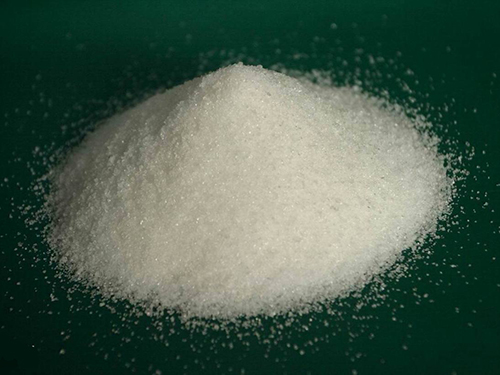Understanding the Role of Flocculation Chemicals in Water Treatment Processes
The Importance of Flocculation Chemicals in Water Treatment
Flocculation is a critical process in water treatment, used to remove suspended solids and impurities from water. At its core, flocculation involves the aggregation of fine particles into larger flocs, which can then be easily removed through sedimentation or filtration. The effectiveness of this process heavily relies on flocculation chemicals, often referred to as coagulants and flocculants. This article delves into the different types of flocculation chemicals, their mechanisms of action, and their significance in various applications.
Types of Flocculation Chemicals
Flocculation chemicals can be broadly categorized into two groups coagulants and flocculants.
1. Coagulants These are substances added to unstable colloidal suspensions to destabilize the particles, allowing them to clump together. Common coagulants include aluminum sulfate (alum), ferric chloride, and polyaluminum chloride. When added to water, they reduce the electrostatic repulsion between particles, facilitating aggregation. The choice of coagulant depends on the nature of the impurities in the water and the specific requirements of the treatment process.
2. Flocculants Once the coagulation process occurs, flocculants aid in forming larger, more easily removable flocs. Flocculants are typically high-molecular-weight polymers, such as polyacrylamide and natural organic flocculants like starch. These polymers work by bridging between the particles, creating a network that promotes the growth of larger flocs, which settle out of the water more effectively.
Mechanisms of Action
The action of flocculation chemicals primarily relies on their ability to reduce the stability of colloidal suspensions
. In the presence of coagulants, the neutralization of surface charges on particles leads to a reduction in repulsive forces, encouraging aggregation. Once flocs are formed, flocculants contribute to their physical growth and stability, ensuring that these flocs remain intact during subsequent processes such as sedimentation or filtration.Furthermore, the effectiveness of these chemicals is greatly influenced by water chemistry, including pH, temperature, and ionic strength. For instance, aluminum sulfate is most effective at a pH range of 6-8, while ferric chloride operates optimally at a lower pH. This sensitivity necessitates thorough testing and optimization during the water treatment process to achieve maximum efficiency.
flocculation chemicals

Applications of Flocculation Chemicals
Flocculation chemicals have a wide range of applications across various industries. In municipal water treatment plants, they are essential for producing clean drinking water by removing suspended solids, microorganisms, and other contaminants. The agricultural sector utilizes flocculation chemicals in wastewater treatment to manage runoff and effluent from livestock operations, mitigating environmental impacts.
In mining, flocculation aids in the recovery of valuable minerals from ore, while in the paper industry, these chemicals play a role in clarifying white water and improving pulp quality. Additionally, flocculation is critical in the oil and gas industry for treating produced water, ensuring compliance with environmental regulations.
Environmental Considerations
While flocculation chemicals play a vital role in enhancing water quality, their use must be managed with care. Some coagulants and flocculants can introduce additional toxins or heavy metals into treated water, underscoring the need for stringent guidelines and regulations. Moreover, the disposal of sludges generated during the treatment process must be done responsibly to prevent environmental contamination.
Innovative approaches, such as the use of biodegradable flocculants or natural coagulants derived from plant sources, are emerging as sustainable alternatives to traditional chemicals. Research into optimizing flocculation processes continues to evolve, aiming to enhance efficacy while minimizing environmental impact.
Conclusion
Flocculation chemicals are indispensable in modern water treatment processes, ensuring the removal of pollutants and the provision of safe drinking water. Their role extends beyond municipal applications to various industries, emphasizing the necessity of effective water management practices in today’s world. As environmental concerns continue to rise, the development of sustainable flocculation solutions will be crucial for balancing water quality and ecological health, paving the way for advancements in the future. In summary, the strategic use of flocculation chemicals not only improves water treatment efficacy but also contributes to the overall sustainability of water resources.
-
Pbtc Scale InhibitorPBTC: A Scale Protector for Industrial Water TreatmentNewsAug.05,2025
-
Organic Phosphonate: An Efficient Defender in the Field of Scale InhibitionNewsAug.05,2025
-
Hydrolyzed Polymaleic Anhydride: Green Pioneer in Scale Inhibition FieldNewsAug.05,2025
-
PAPEMP Polyamino Polyether Methylene Phosphonic Acid For SaleNewsAug.05,2025
-
Flocculant Water Treatment: A Pioneer in Purification in the Field of Water TreatmentNewsAug.05,2025
-
Benzyl Isothiazolinone: An Efficient and Broad-Spectrum Antibacterial Protective GuardNewsAug.05,2025





